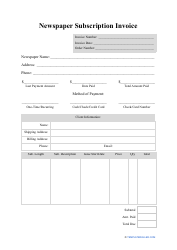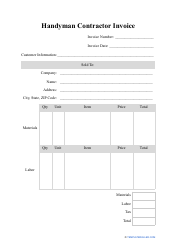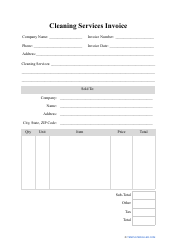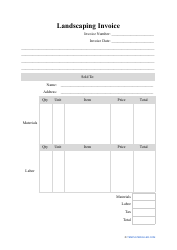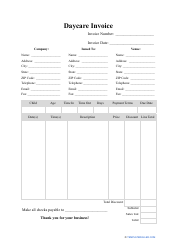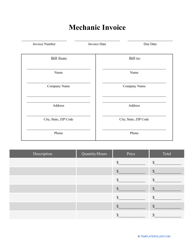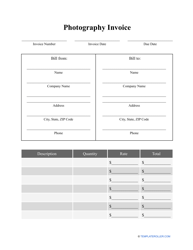MSRP Vs Invoice Price

What Is MSRP and Invoice Price?
What Is MSRP?
MSRP stands for Manufacturer's Suggested Retail Price. This refers to the proposed price that a manufacturer suggests a business to sell their product for. Technically, any goods can have an MSRP but this term is most frequently met when purchasing vehicles. The purpose of the MSRP is to maintain steady prices across various different retailers. The MSRP is not included as part of an invoice because businesses may decide to increase or decrease the price that they sell the product at depending on a number of factors.
What Is Invoice Price?
The Invoice Price is the total price found on the invoice which is issued to a business. It outlines the costs that the customer should pay in order to purchase goods from the manufacturer. For shoppers this information is important as an Invoice Price calculator can be used to calculate the Invoice Price, which is sometimes much lower than you might think. This is because the manufacturer will often offer incentives and discounts. Knowledge is power and if you know the Invoice Price, this can help you with negotiating a better deal for your product and save you a considerable amount of cash.
What Is the Difference Between MSRP and Invoice Price?
The MSRP takes into account all the associated expenses that you would expect to find when getting a product onto the market, for example, additional charges for delivery. In some cases, retailers may stick with this price for selling or even increase it in order to increase their profit margins. This isn’t always the best option for a customer, as in most cases, if you spend some extra time hunting for a better deal, you will often find one fairly quickly, even by just negotiating. The Invoice Price will often differ from this as it refers to the price paid to the manufacturer directly.
Is MSRP the Final Price?
In the majority of cases, this is a definite no. The MSRP usually initiates the beginning of the negotiating phase. It is definitely possible to purchase goods for less than the MSRP particularly if you are a good negotiator. A major factor that will affect whether or not you can haggle down the MSRP price is thinking about demand. If the product you intend to buy is in low demand and you know that there is a large quantity of this product available, you will most likely be able to purchase the goods for a price below the MSRP. It is however important to understand that even if you are successful with this, the final price can still be higher as the MSRP doesn’t take into account all associated expenses.
Can a Retailer Charge More Than MSRP?
Yes, they can. Particularly if the product you want to purchase is in extremely high demand. In this instance, the retailer will most likely want to up-margin their price above the MSRP to increase their profits. For example, you want to purchase a vehicle of a highly anticipated new model with top new technological features. Realistically, this vehicle will be in high demand so it would not make sense for a dealer to offer this vehicle at a price lower than the MSRP. If you don’t purchase it for the MSRP (or above MSRP) then there will definitely be another client waiting to do just that. Remember, the MSRP is merely the recommended price, not the maximal price.
How Much Off the MSRP Can I Negotiate?
This all depends on the market economy at the time of purchase and the popularity of the product. If the market is rather sluggish, then this will increase your chances of getting more money off the MSRP. The same applies to the popularity of the product. If the product is in low demand and sales are struggling, your chances of a big MSRP discount are much higher. On the contrary, if the economy is booming and the product is flying off the shelves, your chances of receiving a high MSRP discount are very slim.
Related Topics:
